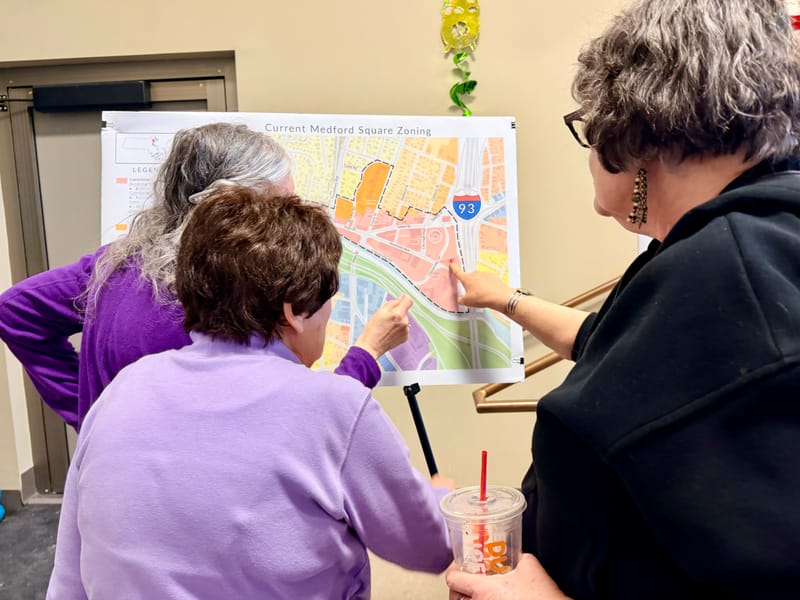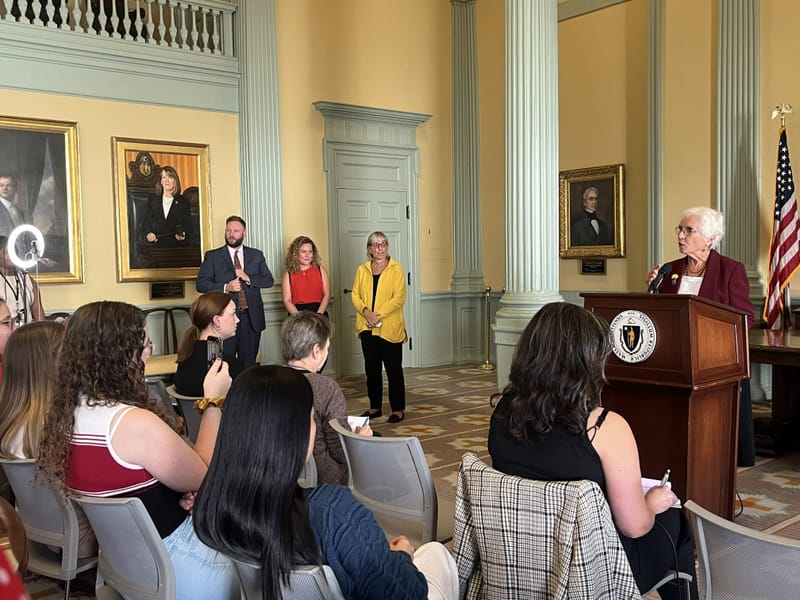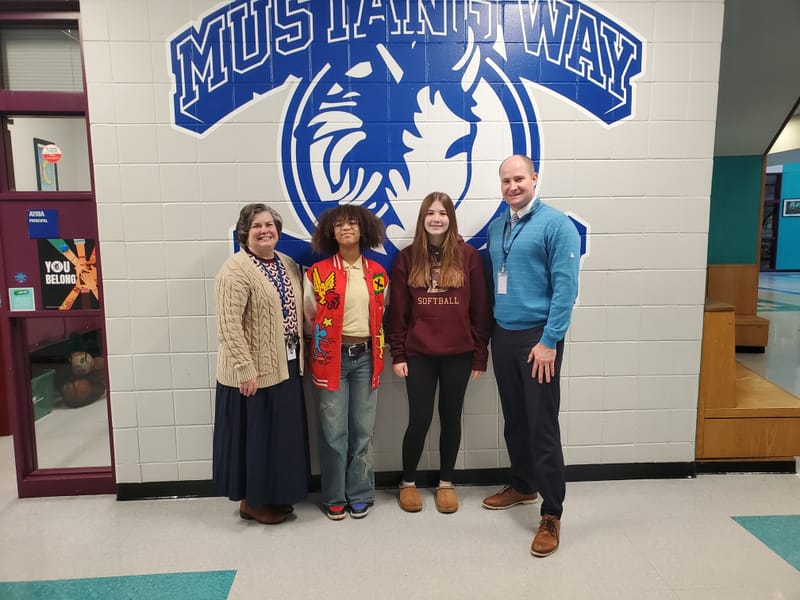Medford School Committee delays vote on school reconfiguration, seeks public feedback
The Medford School Committee voted unanimously Monday night to delay action on a proposal to reconfigure the city’s elementary and middle schools, opting instead to seek public input next month before deciding whether to move forward.
By Sangmin Song
The Medford School Committee voted unanimously Monday night to delay action on a proposal to reconfigure the city’s elementary and middle schools, opting instead to seek public input next month before deciding whether to move forward.
The Nov. 17 vote followed a detailed presentation from Interim Superintendent Suzanne Galusi, who said the proposal was only a starting point and the district needs to review its space data before taking any steps.
“This is not set in stone,” Galusi said. “We need to explore a bit more around the actual viability of this option, what it would take and how some deliverables may need to be scenario based, because it’s going to involve some level of renovation.”
Galusi’s comments came during a presentation on a district-wide space study by HMFH Architects, which identified uneven capacity across school buildings. The study outlined four long-term options for addressing those imbalances, including a grade reconfiguration that would shift students across buildings.
“We would recommend a further review of option two,” Galusi said. “It could effectively address immediate and long-term needs for the district, and minimize disruption to the greater community.”
Under Option 2, all elementary schools would serve Kindergarten through fourth grade, while the McGlynn Middle School would become a grade 5 and 6 building and the Andrews Middle School would serve grades 7 and 8.
The model was described as the approach most likely to balance enrollment across elementary schools and eliminate the district’s middle school assignment lottery.
“From an equity perspective, I’m very excited about Option 2,” said Paul Ruseau, secretary of the committee. “I’m excited that we will no longer have a class of students that doesn’t get the same choice other students get, and the same for our English Learners students.”
Other members cautioned re-configuring grades would affect staffing, transportation and specialized programming. Committee member John Intoppa said uncertainty around faculty impact was one of his biggest concerns.
“Are we expecting to retain all of our faculty, or will this lessen positions, bring up positions or keep them the same?” Intoppa asked. “I just want to get ahead of any rumor mill or anxieties, because when I hear this, that’s immediately where my mind goes.”
Other members said re-configuring grade spans would inevitably affect the district’s bus system, raising questions about new routes, timing and how families would adapt to the changes.
“Have we thought about what the costs will be for rerouting buses?” committee member Aaron Olopade asked. “That’s going to be a big conversation for a lot of parents, especially around timelines and how students’ schedules may shift more than we expect.”
Members added the district would need to closely examine how a grade shift could affect classroom programming, especially for students in special education settings. Committee member Erika Reinfeldt said any reconfiguration must account for the specific learning needs in those rooms and should not treat specialized spaces as secondary.
“I was a little bit appalled when you said the space company didn’t look at some of the special education spaces, and I really don’t want that to be an afterthought,” Reinfeldt said. “The type of learning happening in those classrooms, including the student need, the teacher need and the community need, has to be part of this work.”
Vice Chair Jenny Graham said the district should clearly notify families that a reconfiguration is being discussed, noting parents should have an opportunity to raise questions before the committee considers any changes.
“We should let the public know we are considering a reconfiguration,” Graham said. “Families need space to tell us what they want the task force to consider before it begins its work.”
After discussing the proposal, the committee agreed to pause and revisit the discussion at its Dec. 1 meeting, where families will be invited to share their views before the district conducts a deeper review.
“There’s a whole slew of things we have to decide and a whole slew of opportunities to evaluate,” Graham said. “What I don’t want is parents feeling like they need to come in on Dec. 1 and say, ‘We haven’t thought this through.’”
Sangmin Song is a senior journalism student. This story is part of a partnership between Gotta Know Medford and the Boston University Department of Journalism.





